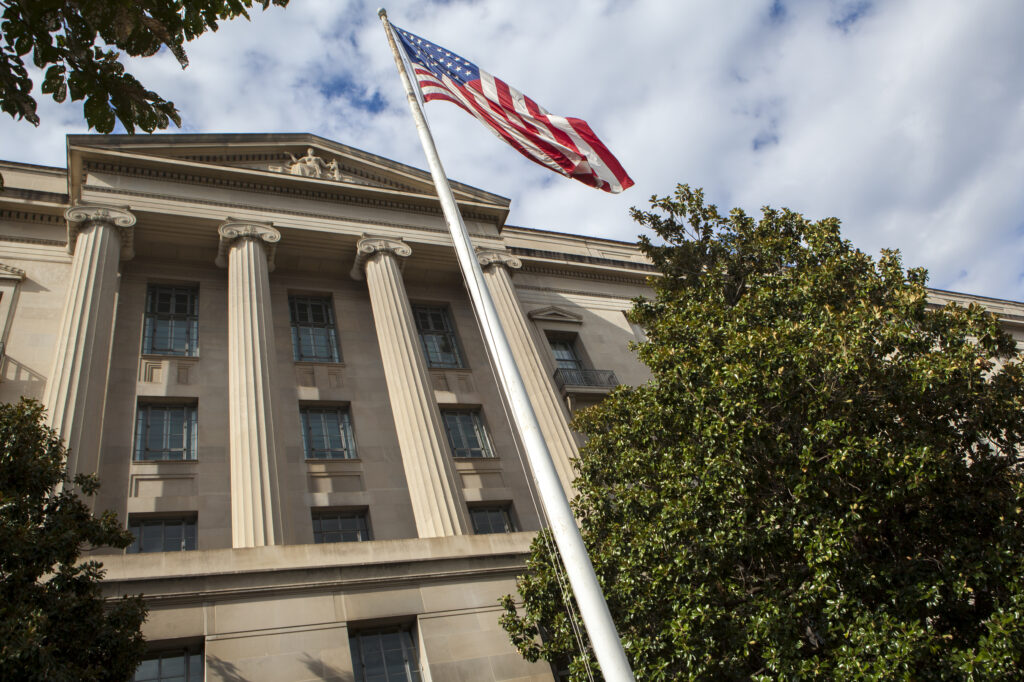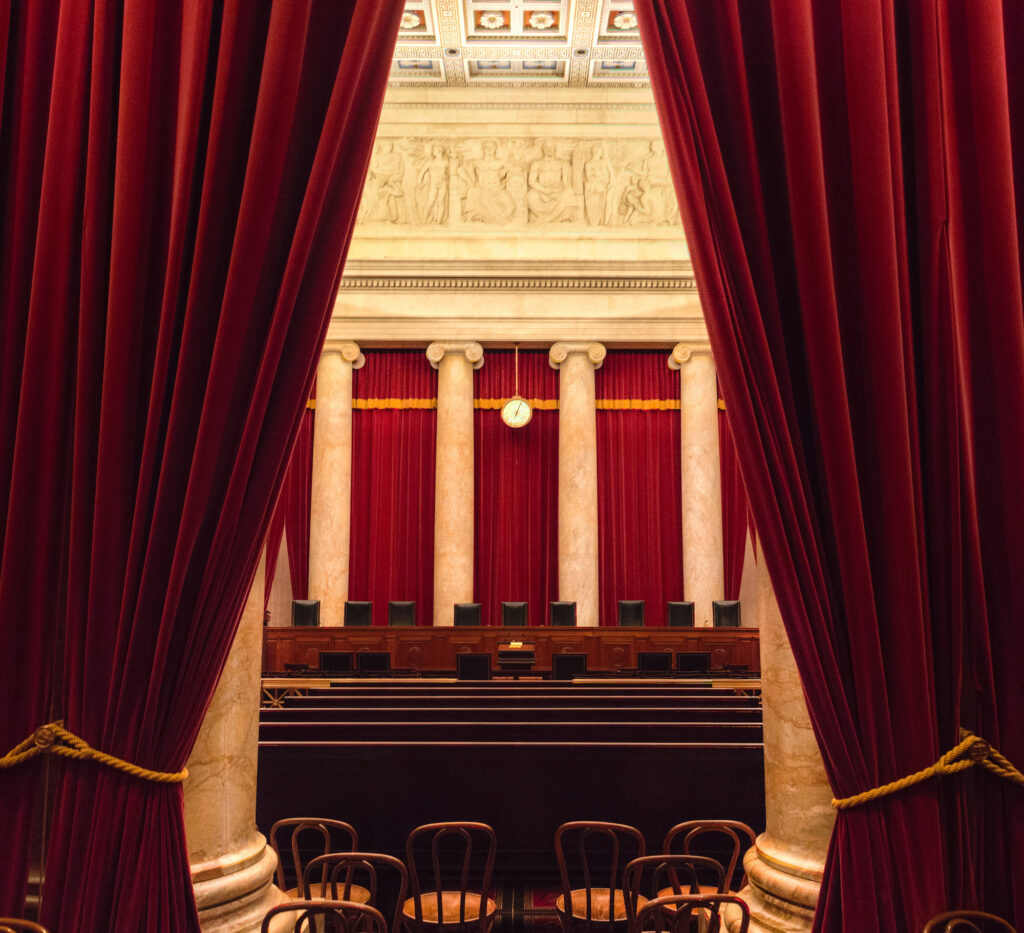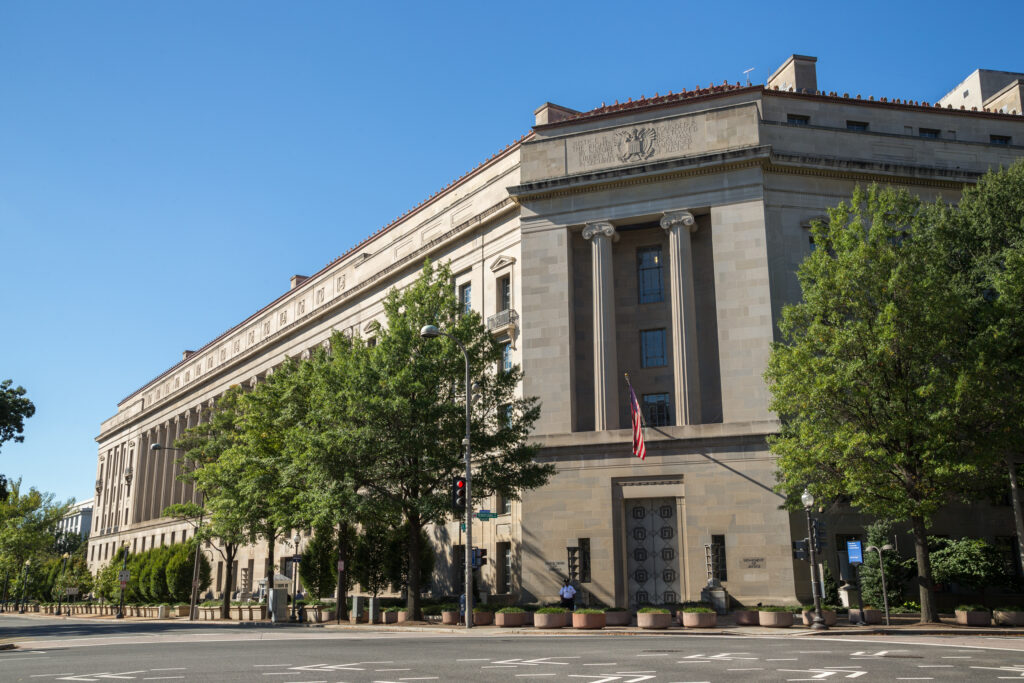Recently, Sens. Chuck Grassley, R-Iowa, and Patrick Leahy, D-Vt., introduced the False Claims Amendments Act of 2021 (S.B. 2428), proposing revisions to the False Claims Act (FCA) that could have significant negative consequences for liability exposure and economic growth, according to an expert analysis in Law 360. The analysis is by Robert Salcido, a partner, and Emily I. Gerry, an associate, at Akin Gump Strauss Hauer & Feld LLP.
“The Grassley-Leahy amendment would subvert the Supreme Court’s reasoning in Escobar, turn the traditional burden-of-proof standard for fraud claims on its head, and stack the deck against the defendant in any FCA action,” according to the analysis. “Not only would defendants have to prove their innocence under a heightened standard, but they would also potentially have to pay the government to engage in discovery to establish that innocence. In many cases, this would impose insurmountable obstacles on defendants seeking to defend against an allegation of fraud and the severe penalties that come with it.”
The FCA is the government’s primary weapon for combating fraud against the federal government. The FCA arms law enforcement officials with a penal remedy of treble damages and civil penalties against those who knowingly or fraudulently present false claims to the government. This law also allows private citizens to bring qui tam actions — suits brought on behalf of the government — and obtain a substantial bounty if they prevail. Unfortunately, according to the analysis, these private citizens or whistleblower suits have led to an increase in unfounded fraud allegations, which can damage the goodwill of a business or person.
In its 2016 decision in Universal Health Services v. U.S. ex rel Escobar, the Supreme Court struck the right balance. Escobar clarified the types of potential misrepresentations that are material or meaningful under the FCA to the government’s decision to pay a claim. Justice Clarence Thomas — writing for a unanimous court — underscored that the FCA “is not ‘an all-purpose antifraud statute’ or a vehicle for punishing garden-variety breaches of contract or regulatory violations.” To ensure that the FCA stayed within appropriate bounds, the court required the plaintiff to prove that the alleged misrepresentation went to the very essence of the bargain.
“There was no — and never has been — corresponding burden, much less a higher one, placed on defendants to disprove a plaintiff’s contentions in this context. The proposed Grassley-Leahy amendment seeks to upend the Supreme Court’s unanimous ruling in Escobar and complete the inversion — begun in 1986 — of the traditional burden of proof for claims of fraud,” the analysis said. “The Supreme Court got it right in Escobar by requiring a balanced approach that punishes wrongdoers while ensuring fair standards are in place to protect universities, hospitals and other important industries from frivolous and crippling lawsuits.”
The analysis concludes that the changes to the FCA proposed in the Grassley-Leahy bill put “vital companies and institutions at serious and unnecessary risk. If American industry is going to get back on track, unfair and economically debilitating legislation like this must not be enacted.”



